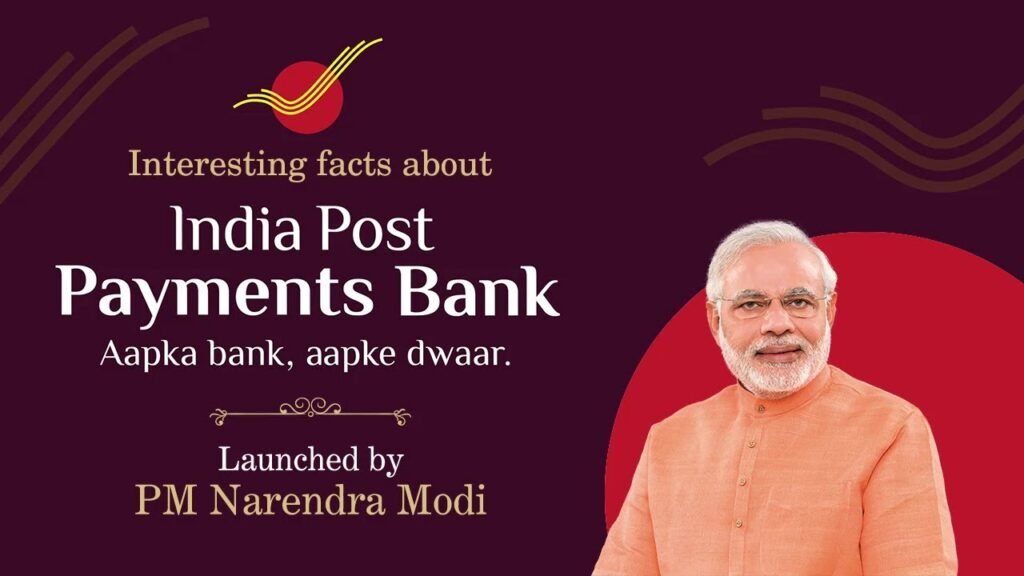When it comes to protecting your hard-earned money, vigilance is key. A recent warning from the Press Information Bureau (PIB) has put PAN card holders on high alert about a growing phishing scam targeting India Post Payment Bank (IPPB) customers. Let’s dive into what’s happening, how these scams work, and most importantly, how you can stay safe.
What’s the Fuss About the PAN Card Scam?
Imagine receiving a message claiming your bank account will be blocked within 24 hours unless you update your PAN card details. Sounds scary, right? That’s exactly what scammers are doing. These fraudulent messages include suspicious links leading unsuspecting users to fake websites, all designed to steal your sensitive information.
But here’s the kicker—India Post Payment Bank has publicly clarified they do not send such alerts. PIB took to social media to debunk these claims, labeling them as entirely false. According to their post on X (formerly Twitter):
“The claim that IPPB accounts will be blocked within 24 hours if PAN details are not updated is false. India Post Payment Bank never sends such messages.”
How Do These Scams Work?
Scammers aren’t magicians, but they’re pretty crafty. They use a technique called phishing to trick you into revealing personal details. Here’s how it plays out:
- Fake Communication: Scammers send emails or messages that look like they’re from trusted sources like banks or official organizations.
- Urgent Requests: They create a sense of urgency, claiming you need to act immediately.
- Deceptive Links: These messages often contain links that lead to fake websites designed to steal your data.
- Data Theft: Once you input your information, it’s game over. Scammers now have access to your sensitive details.
How Can You Spot a Phishing Scam?
Scammers rely on their ability to fool people, but there are always red flags. Here’s what to watch for:
- Urgent Language: Messages that demand immediate action.
- Too Good to Be True Offers: Unrealistic deals or rewards.
- Suspicious Links: Hover over links to see where they actually lead before clicking.
- Poor Grammar and Spelling: Professional organizations usually maintain high standards in their communications.
Tips to Stay Safe From Phishing Scams
You don’t need to be a tech wizard to protect yourself. Follow these simple steps:
1. Avoid Sharing PAN Details Unnecessarily
Your PAN card is like your financial fingerprint. Only share it with trusted and verified organizations when absolutely necessary. If someone asks for it out of the blue, think twice.
2. Be Cautious With Links
Before you click on any link in an email or message, take a moment. Hover over it to check the URL. If it looks fishy, avoid it. When in doubt, visit the official website of India Post Payment Bank directly.
3. Look Out for Red Flags
Scammers often use fear or excitement to cloud your judgment. If something seems too urgent or too good to be true, it probably is.
4. Use Two-Factor Authentication (2FA)
Enable 2FA on all your online accounts. It adds an extra layer of security by requiring a second step to verify your identity, like a code sent to your phone.
5. Educate Yourself and Others
Knowledge is power. Stay updated on common scams and share this information with your friends and family. The more people know, the harder it becomes for scammers to succeed.
Why This Matters to You
Think about it—your financial well-being is at stake. Falling victim to a phishing scam can lead to stolen identities, drained bank accounts, and a lot of unnecessary stress. Staying alert and informed is your best defense.
What’s India Post Doing About It?
India Post Payment Bank has taken a firm stand. They’re actively debunking false claims and spreading awareness through their official channels. By staying connected with reliable sources like India Post Payment Bank and PIB, you’re already one step ahead.
Final Thoughts: Stay Vigilant, Stay Safe
In a world where digital scams are becoming increasingly sophisticated, staying vigilant isn’t just important—it’s essential. Remember, your personal information is valuable. Protect it like you would your most precious belongings.
So the next time you receive a suspicious message, take a moment. Don’t rush. Verify the source, avoid clicking on shady links, and most importantly, trust your instincts.
Read More: Fateh Review: A No-Holds-Barred Action Spectacle That Surprisingly Engaging
Conclusion
Let’s sum it up. Scammers are targeting PAN card holders with fake messages claiming their bank accounts will be blocked. These messages are fraudulent, as clarified by India Post Payment Bank and PIB. By following simple safety measures like avoiding unnecessary sharing of PAN details, being cautious with links, and enabling two-factor authentication, you can safeguard your financial future. Stay informed, stay secure, and don’t let scammers win.










